译林版(2020) 必修第二册Unit 4 Exploring literature Grammar and usage 课件(共38张PPT)
文档属性
| 名称 | 译林版(2020) 必修第二册Unit 4 Exploring literature Grammar and usage 课件(共38张PPT) |  | |
| 格式 | pptx | ||
| 文件大小 | 15.5MB | ||
| 资源类型 | 教案 | ||
| 版本资源 | 牛津译林版(2019) | ||
| 科目 | 英语 | ||
| 更新时间 | 2024-03-20 10:53:19 | ||
图片预览

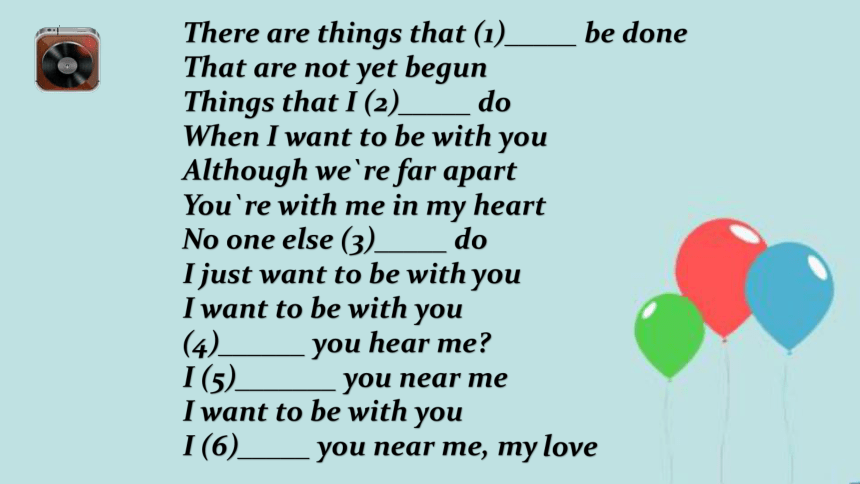
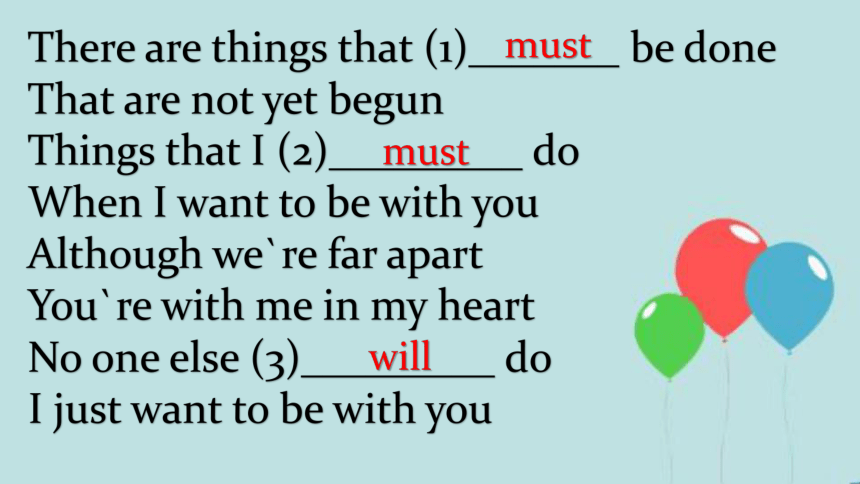
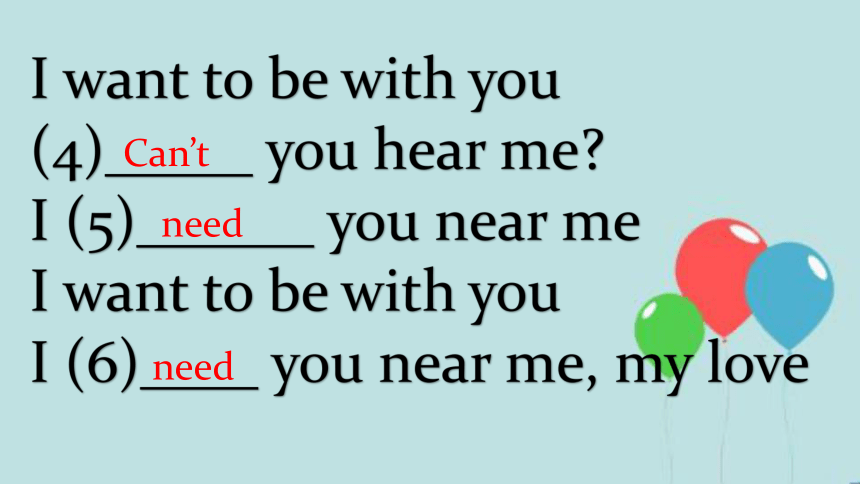
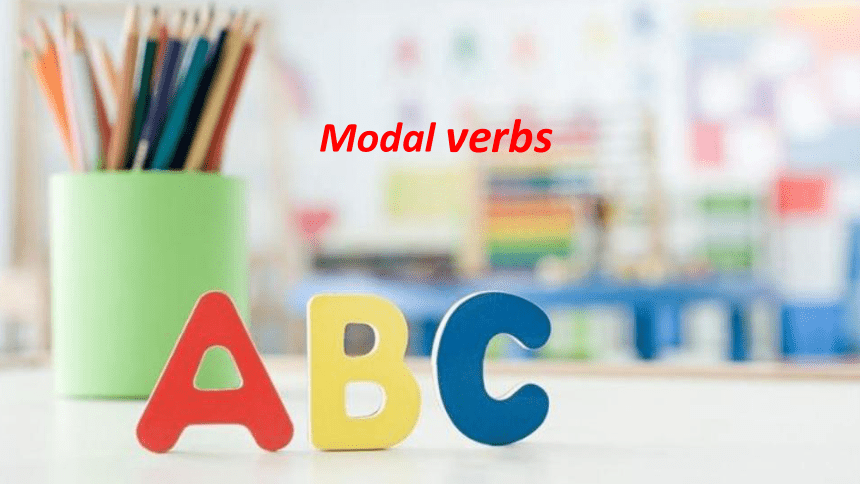

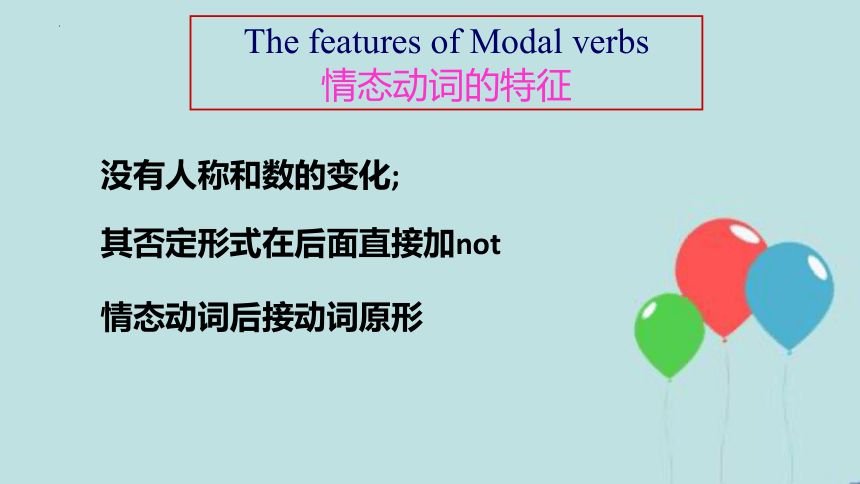
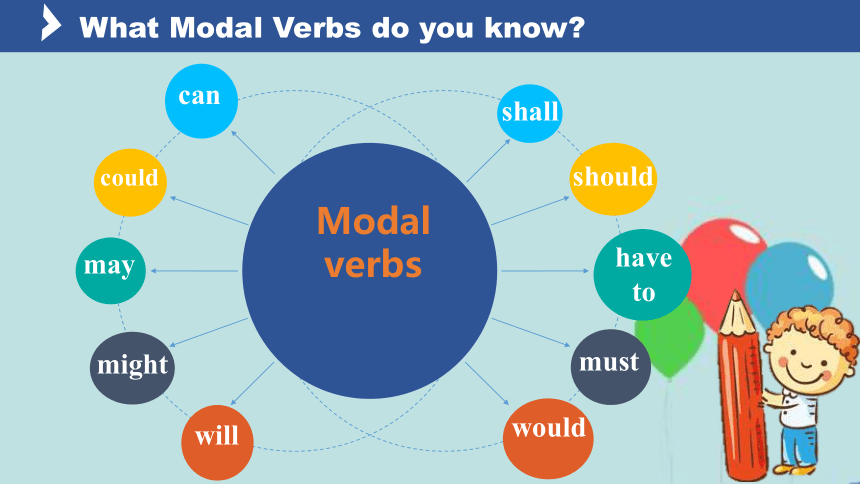
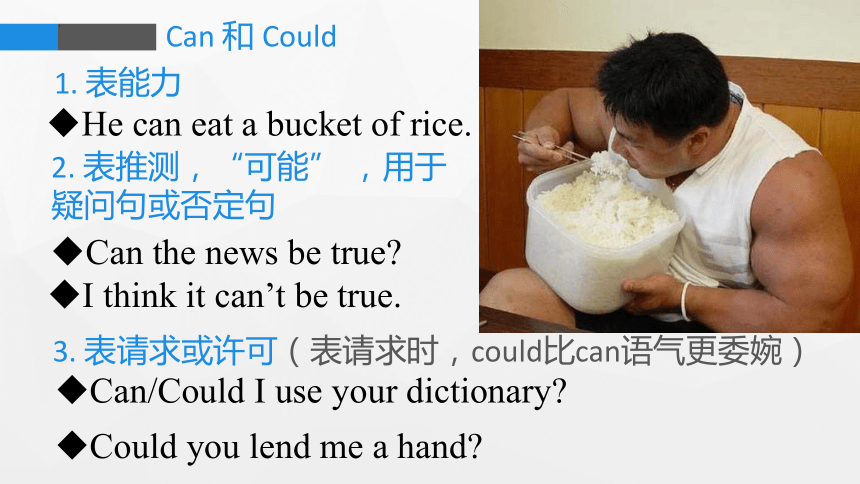
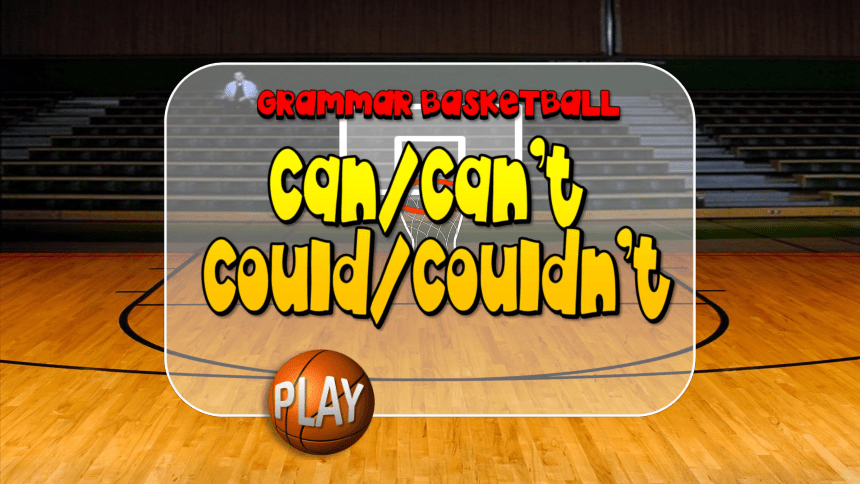
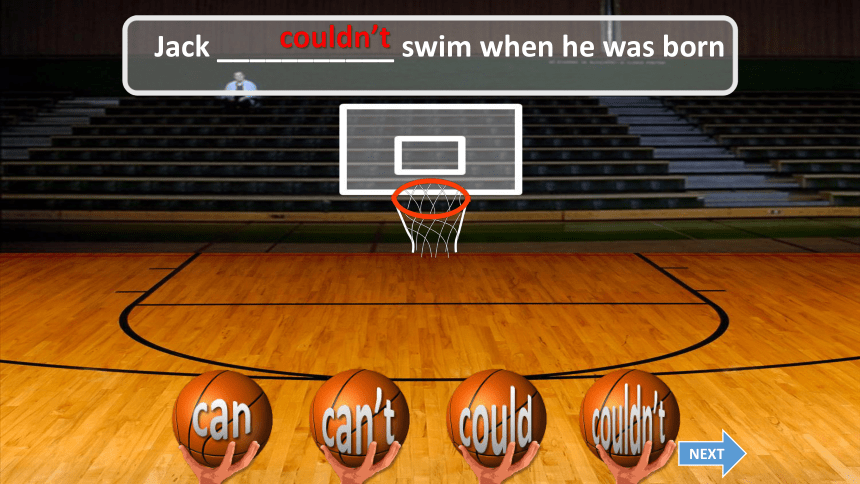
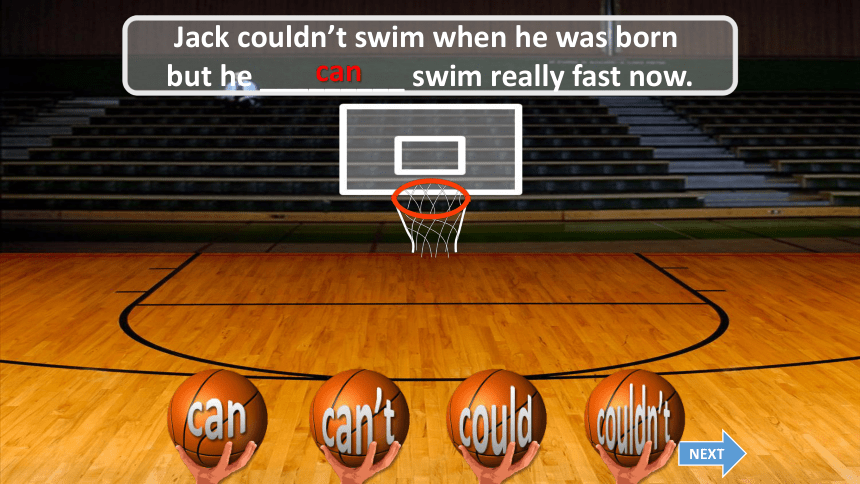
文档简介
(共38张PPT)
Unit4
Exploring Literature
There are things that (1)_____ be done
That are not yet begun
Things that I (2)_____ do
When I want to be with you
Although we`re far apart
You`re with me in my heart
No one else (3)_____ do
I just want to be with you
I want to be with you
(4)______ you hear me
I (5)_______ you near me
I want to be with you
I (6)_____ you near me, my love
There are things that (1)_______ be done
That are not yet begun
Things that I (2)_________ do
When I want to be with you
Although we`re far apart
You`re with me in my heart
No one else (3)_________ do
I just want to be with you
must
must
will
I want to be with you
(4)_____ you hear me
I (5)______ you near me
I want to be with you
I (6)____ you near me, my love
Can’t
need
need
Modal verbs
How do you explain modal verbs
情态动词
情感
态度
情态动词,即表示人的情感和态度的动词。
The features of Modal verbs
情态动词的特征
没有人称和数的变化;
其否定形式在后面直接加not
情态动词后接动词原形
What Modal Verbs do you know
Modal verbs
could
may
might
shall
should
have to
must
would
will
can
Can 和 Could
1. 表能力
He can eat a bucket of rice.
Can the news be true
I think it can’t be true.
2. 表推测,“可能” ,用于疑问句或否定句
Can/Could I use your dictionary
Could you lend me a hand
3. 表请求或许可(表请求时,could比can语气更委婉)
Jack ___________ swim when he was born
NEXT
couldn’t
Jack couldn’t swim when he was born
but he _________ swim really fast now.
NEXT
can
My aunt _____jump high. She was the best.
NEXT
could
May 和 Might
1. 表许可或征询对方许可
May I come in
Where is he from
He may/might be from Chenzhou.
2.表把握不大的推测,”或许””可能”,常用于肯定句,might比may可能性小
(口语中常用might代may表委婉语气)
You _______ well be right.
may
may
might
NEXT
The teacher says we ______ leave when we've finished.
may
may
might
NEXT
shall 和 should
(1)用于第一、三人称的疑问句,表征求对方的意见
(2)用于第二、三人称的陈述句,表命令、警告等
1.shall
2.should
(1)表劝告、建议,“应该”
(2)表推测,“想必一定,按理应该”
(3)用于表示惊异、赞叹、不满, ”竟然””竟会”
Why should you be so late today?
The young should respect the old.
They should be there by now.
Shall I pick you up tomorrow
You shall do as I tell you.
THE TRUTH MACHINE
TRUE
FALSE
shall
should
It is too late,_______we begin our meeting
shall
THE TRUTH MACHINE
TRUE
FALSE
shall
It’s sunny and hot today.
They __________ put some sun cream on.
should
should
THE TRUTH MACHINE
TRUE
FALSE
shall
It’s a great film.
You __________ go and see it.
should
should
will 和 would
1. 表意志、意愿
Would you like a cup of tea
2.表请求或建议
,would比will委婉、客气
I will tell you all about it.
Will you lend me your book
I’ll never do that again.
(2)must的否定形式为must not (mustn’t), “不准” “禁止”
must 和 have to
(1)表义务、必要性、命令等,“必须”
The work must be finished as soon as possible.
You mustn’t smoke in public places.
1.must
Must I be home before nine o’clock, Mum
Yes, you must.
No, you needn’t/don’t have to.
You must be tired after such a long walk.
(3)表把握很大的肯定推测,“一定,准是”,一般只用于肯定句中
must 和 have to
have to的意思接近must,must更强调说话者的主观意愿;have to强调客观上的必要性,“不得不”
2.have to
-- Must he come to sign this paper himself
-- Yes, he .
A. need B. must C. may D. will
B
The last bus left,and I _____walk home.
had to
must
can’t
may
should
have to
can
NEXT
shouldn’t
………………………… obey the traffic rules.
must
Everybody
公众号:Englishare
must
can’t
may
mustn’t
have to
can
NEXT
shouldn’t
………………………… go.
have to
Oh, it’s too late. Sorry, I
ought to
表义务,意为“应该”(因责任、义务等该做),语气比should稍重。
You are his father. You ought to take care of him.
You oughtn’t to smoke so much.
双性动词need, dare
1. need 可以作实义动词或情态动词。
We need to finish the job before dark.
You needn’t hurry as there’s plenty time left.
2. dare可以作实义动词或情态动词。
He dared to travel abroad when he was young.
How dare you let your little child go out alone
Can/Could 表能力 表推测 表请求、许可
May/Might 表推测 表许可
Shall/Should 征求意见(一、三)? 命令、警告(二、三)。 表建议(应该) 表推测(想必一定) 表惊讶、赞叹、不满
“竟会”
Will/Would 表意愿 表建议 would比will 更委婉
Must/Have to 表义务、必要性(必须) 表推测 客观/主观
Ought to 因责任义务(应该)
Need/Dare 双性动词
希望所有人都能被这个世界温柔以待。
May everyone be treated gently by the world
Ⅰ.用适当的情态动词填空:
1.I can play football. __________you swim
2.Don’t worry. You ________ return me this book tomorrow.
3.My grandma is ill. You _______ talk so loudly here .
4.I can’t play with you. I __________finish my homework first.
5.I__________ get up early tomorrow,because I have a meeting.
6.______________you please open the window
Can
may/can
can’t
must
have to
Can/Could
情态动词+ have done 的其他用法
should/ought to have done
表过去本该做却没有做
shouldn’t/ ought not to have done
表过去本不该做却做了
could have done
表本可以/本可能做某事却没做
might have done
表本可能但实际没有发生的事
needn’t have done
表本来不需要做却做了
考点三:情态动词+ have done 的其他用法
should/ought to have done
表过去本该做却没有做
shouldn’t/ ought not to have done
表过去本不该做却做了
could have done
表本可以/本可能做某事却没做
You should have prepared for the exam, but you spent your time playing.
You shouldn’t have watched that movie — it’ll give you horrible dreams.
You could have done better,but you were too careless.
Applying the rules P49
B1 For the following groups of three sentences, tick the sentence which uses the modal verb differently from the other two.
a Can I keep the book for more than two weeks
b Nick can read more in an afternoon than I can in a week!
c Can Mary finish War and Peace in a month
a I am afraid I may be unable to finish this novel today.
b It may be difficult for people to agree on what good literature is.
c You may go to the library tomorrow afternoon, if you have time.
√
√
request
ability
ability
possibility
possibility
suggestion
Applying the rules
B1 For the following groups of three sentences, tick the sentence which uses the modal verb differently from the other two.
a I must finish writing the book review and hand it in before Wednesday.
b You must be tired after three hours’ reading.
c Students must develop the habit of reading classic literature.
a Henry should be reading books in the library.
b I have fifty dollars—that should be enough for three books.
c Reading English novels has greatly increased my vocabulary — you should try it too.
√
√
necessity
possibility
necessity
possibility
possibility
suggestion
B2 Below is an entry in a student’s reading plete the entry with the correct model verbs in brackets.
When my English teacher suggested that I read Charles Dickens’s A Christmas Carol, I thought, “I (1) (can’t/shouldn’t) read this! It (2) (has to/must) be very boring.” Surprisingly, it turned out the exact opposite. I (3) (could/might) not stop turning the pages!
The book’s main character is Scrooge, a rich but mean old man. He hates all kinds of celebrations. On Christmas eve, he is transported to different points in his life by three spirits. In the end, he reflects on these moments and realizes his mistakes. Then he decides that he (4) (might/must) change himself. On Christmas morning, he sends a large turkey to a poor man for Christmas dinner. He also tries to make his family and friends happy by spending time with them.
can’t
must
could
must
B2 Below is an entry in a student’s reading plete the entry with the correct model verbs in brackets.
There is something that (5) (can/must) be learnt from A Christmas Carol: we (6) (should/may) treat others with kindness, generosity and love. I think everyone (7) (would/ought to) read this book.
can
should
ought to
C Fill in the blanks with the correct forms of the verbs in the brackets, using the proper modal verbs. P76
1.— What’s the weather like in your hometown Is it cold in winter
— Yes, it (be) as cold as -30℃ in winter.
2. — I want to invite Tom to see a film tonight. Has he arrived yet
— Yes, he just arrived. But after four hours’ ride, he ______________ (be) tired now and he (prefer) to stay in tonight.
3. — Is Betty still playing the piano
— Yes. I asked her to stop and take a rest, but she______________ (not listen).
can be
must/may/might be
wouldn’t listen
may/might prefer
C Fill in the blanks with the correct forms of the verbs in the brackets, using the proper modal verbs. P76
4.—What does the rule say about using the reading room
— No one (talk) loudly.
5.— Your car looks great. It (cost) you a lot of money.
— Yes, it’s quite expensive.
6.— How long can I keep the book
— The books that students borrow (return) to the library within two weeks.
shall/should talk
must have cost
must/shall be returned
Unit4
Exploring Literature
There are things that (1)_____ be done
That are not yet begun
Things that I (2)_____ do
When I want to be with you
Although we`re far apart
You`re with me in my heart
No one else (3)_____ do
I just want to be with you
I want to be with you
(4)______ you hear me
I (5)_______ you near me
I want to be with you
I (6)_____ you near me, my love
There are things that (1)_______ be done
That are not yet begun
Things that I (2)_________ do
When I want to be with you
Although we`re far apart
You`re with me in my heart
No one else (3)_________ do
I just want to be with you
must
must
will
I want to be with you
(4)_____ you hear me
I (5)______ you near me
I want to be with you
I (6)____ you near me, my love
Can’t
need
need
Modal verbs
How do you explain modal verbs
情态动词
情感
态度
情态动词,即表示人的情感和态度的动词。
The features of Modal verbs
情态动词的特征
没有人称和数的变化;
其否定形式在后面直接加not
情态动词后接动词原形
What Modal Verbs do you know
Modal verbs
could
may
might
shall
should
have to
must
would
will
can
Can 和 Could
1. 表能力
He can eat a bucket of rice.
Can the news be true
I think it can’t be true.
2. 表推测,“可能” ,用于疑问句或否定句
Can/Could I use your dictionary
Could you lend me a hand
3. 表请求或许可(表请求时,could比can语气更委婉)
Jack ___________ swim when he was born
NEXT
couldn’t
Jack couldn’t swim when he was born
but he _________ swim really fast now.
NEXT
can
My aunt _____jump high. She was the best.
NEXT
could
May 和 Might
1. 表许可或征询对方许可
May I come in
Where is he from
He may/might be from Chenzhou.
2.表把握不大的推测,”或许””可能”,常用于肯定句,might比may可能性小
(口语中常用might代may表委婉语气)
You _______ well be right.
may
may
might
NEXT
The teacher says we ______ leave when we've finished.
may
may
might
NEXT
shall 和 should
(1)用于第一、三人称的疑问句,表征求对方的意见
(2)用于第二、三人称的陈述句,表命令、警告等
1.shall
2.should
(1)表劝告、建议,“应该”
(2)表推测,“想必一定,按理应该”
(3)用于表示惊异、赞叹、不满, ”竟然””竟会”
Why should you be so late today?
The young should respect the old.
They should be there by now.
Shall I pick you up tomorrow
You shall do as I tell you.
THE TRUTH MACHINE
TRUE
FALSE
shall
should
It is too late,_______we begin our meeting
shall
THE TRUTH MACHINE
TRUE
FALSE
shall
It’s sunny and hot today.
They __________ put some sun cream on.
should
should
THE TRUTH MACHINE
TRUE
FALSE
shall
It’s a great film.
You __________ go and see it.
should
should
will 和 would
1. 表意志、意愿
Would you like a cup of tea
2.表请求或建议
,would比will委婉、客气
I will tell you all about it.
Will you lend me your book
I’ll never do that again.
(2)must的否定形式为must not (mustn’t), “不准” “禁止”
must 和 have to
(1)表义务、必要性、命令等,“必须”
The work must be finished as soon as possible.
You mustn’t smoke in public places.
1.must
Must I be home before nine o’clock, Mum
Yes, you must.
No, you needn’t/don’t have to.
You must be tired after such a long walk.
(3)表把握很大的肯定推测,“一定,准是”,一般只用于肯定句中
must 和 have to
have to的意思接近must,must更强调说话者的主观意愿;have to强调客观上的必要性,“不得不”
2.have to
-- Must he come to sign this paper himself
-- Yes, he .
A. need B. must C. may D. will
B
The last bus left,and I _____walk home.
had to
must
can’t
may
should
have to
can
NEXT
shouldn’t
………………………… obey the traffic rules.
must
Everybody
公众号:Englishare
must
can’t
may
mustn’t
have to
can
NEXT
shouldn’t
………………………… go.
have to
Oh, it’s too late. Sorry, I
ought to
表义务,意为“应该”(因责任、义务等该做),语气比should稍重。
You are his father. You ought to take care of him.
You oughtn’t to smoke so much.
双性动词need, dare
1. need 可以作实义动词或情态动词。
We need to finish the job before dark.
You needn’t hurry as there’s plenty time left.
2. dare可以作实义动词或情态动词。
He dared to travel abroad when he was young.
How dare you let your little child go out alone
Can/Could 表能力 表推测 表请求、许可
May/Might 表推测 表许可
Shall/Should 征求意见(一、三)? 命令、警告(二、三)。 表建议(应该) 表推测(想必一定) 表惊讶、赞叹、不满
“竟会”
Will/Would 表意愿 表建议 would比will 更委婉
Must/Have to 表义务、必要性(必须) 表推测 客观/主观
Ought to 因责任义务(应该)
Need/Dare 双性动词
希望所有人都能被这个世界温柔以待。
May everyone be treated gently by the world
Ⅰ.用适当的情态动词填空:
1.I can play football. __________you swim
2.Don’t worry. You ________ return me this book tomorrow.
3.My grandma is ill. You _______ talk so loudly here .
4.I can’t play with you. I __________finish my homework first.
5.I__________ get up early tomorrow,because I have a meeting.
6.______________you please open the window
Can
may/can
can’t
must
have to
Can/Could
情态动词+ have done 的其他用法
should/ought to have done
表过去本该做却没有做
shouldn’t/ ought not to have done
表过去本不该做却做了
could have done
表本可以/本可能做某事却没做
might have done
表本可能但实际没有发生的事
needn’t have done
表本来不需要做却做了
考点三:情态动词+ have done 的其他用法
should/ought to have done
表过去本该做却没有做
shouldn’t/ ought not to have done
表过去本不该做却做了
could have done
表本可以/本可能做某事却没做
You should have prepared for the exam, but you spent your time playing.
You shouldn’t have watched that movie — it’ll give you horrible dreams.
You could have done better,but you were too careless.
Applying the rules P49
B1 For the following groups of three sentences, tick the sentence which uses the modal verb differently from the other two.
a Can I keep the book for more than two weeks
b Nick can read more in an afternoon than I can in a week!
c Can Mary finish War and Peace in a month
a I am afraid I may be unable to finish this novel today.
b It may be difficult for people to agree on what good literature is.
c You may go to the library tomorrow afternoon, if you have time.
√
√
request
ability
ability
possibility
possibility
suggestion
Applying the rules
B1 For the following groups of three sentences, tick the sentence which uses the modal verb differently from the other two.
a I must finish writing the book review and hand it in before Wednesday.
b You must be tired after three hours’ reading.
c Students must develop the habit of reading classic literature.
a Henry should be reading books in the library.
b I have fifty dollars—that should be enough for three books.
c Reading English novels has greatly increased my vocabulary — you should try it too.
√
√
necessity
possibility
necessity
possibility
possibility
suggestion
B2 Below is an entry in a student’s reading plete the entry with the correct model verbs in brackets.
When my English teacher suggested that I read Charles Dickens’s A Christmas Carol, I thought, “I (1) (can’t/shouldn’t) read this! It (2) (has to/must) be very boring.” Surprisingly, it turned out the exact opposite. I (3) (could/might) not stop turning the pages!
The book’s main character is Scrooge, a rich but mean old man. He hates all kinds of celebrations. On Christmas eve, he is transported to different points in his life by three spirits. In the end, he reflects on these moments and realizes his mistakes. Then he decides that he (4) (might/must) change himself. On Christmas morning, he sends a large turkey to a poor man for Christmas dinner. He also tries to make his family and friends happy by spending time with them.
can’t
must
could
must
B2 Below is an entry in a student’s reading plete the entry with the correct model verbs in brackets.
There is something that (5) (can/must) be learnt from A Christmas Carol: we (6) (should/may) treat others with kindness, generosity and love. I think everyone (7) (would/ought to) read this book.
can
should
ought to
C Fill in the blanks with the correct forms of the verbs in the brackets, using the proper modal verbs. P76
1.— What’s the weather like in your hometown Is it cold in winter
— Yes, it (be) as cold as -30℃ in winter.
2. — I want to invite Tom to see a film tonight. Has he arrived yet
— Yes, he just arrived. But after four hours’ ride, he ______________ (be) tired now and he (prefer) to stay in tonight.
3. — Is Betty still playing the piano
— Yes. I asked her to stop and take a rest, but she______________ (not listen).
can be
must/may/might be
wouldn’t listen
may/might prefer
C Fill in the blanks with the correct forms of the verbs in the brackets, using the proper modal verbs. P76
4.—What does the rule say about using the reading room
— No one (talk) loudly.
5.— Your car looks great. It (cost) you a lot of money.
— Yes, it’s quite expensive.
6.— How long can I keep the book
— The books that students borrow (return) to the library within two weeks.
shall/should talk
must have cost
must/shall be returned
